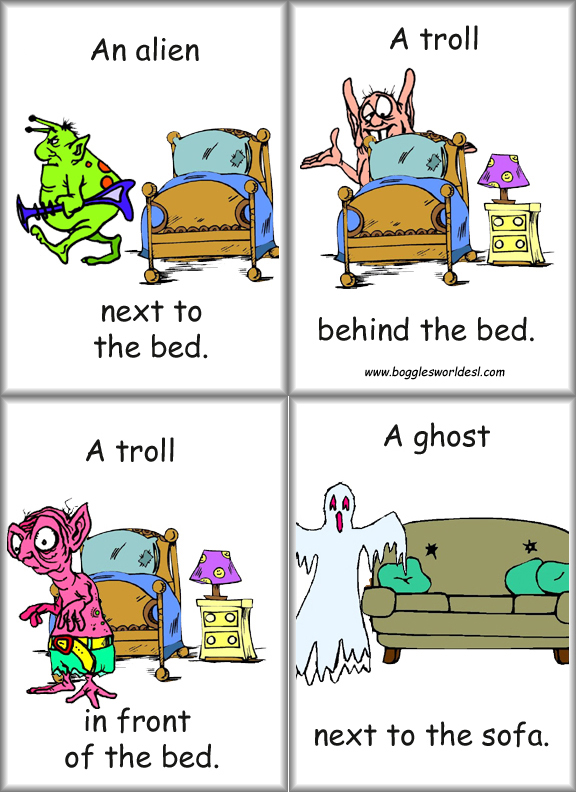The conversation could not have been more normal. Two work colleagues talking
about their children and their first GCSE year. The only difference was that
the novel I am about to finish now, Die
Mansarde, was lying on the table in the staffroom and my colleague queried
the title.
It is German for The Loft, I said.
Oh, that’s a coincidence, my son is doing German GCSE, she replied. And so,
modern foreign languages entered our amiable chat.
It is welcoming news that people’s perceptions of Germany are finally
changing. More important is the fact that the language is becoming popular once
again. Attached to this is the economic success of recent years. Linguistically,
native German-speakers might lie in a distant tenth place, well behind the Chinese,
Anglophones and Hispanics. Yet, they actually rank fourth in the world when you
take into account their economic output (put Germany, Switzerland, Austria,
Luxembourg and Liechtenstein together and you will see. In fact, squeeze part
of Belgium into the equation if you still have some space left).
 |
| Wie sagt man "power" auf Deutsch? |
There is another factor in this upward trend. German language advocates
do not seem to engage future learners aggressively but adopt a rather laisez-faire attitude to the acquisition
of their lexicon. Where the Academy of the French Language would probably put
its foot down and tut-tut at Anglicisms, German-speakers (from this outsider’s
perspective) assimilate them.
A few days ago I praised on this blog the efforts of Angela Merkel
during the current refugee crisis and how her attitude contrasted with that of
our Prime Minister. Merkel, more than anyone else, understands that if a
country is to become a magnet for investors, it needs an influx of young blood.
One of the ways to attract this kind of attention is to stand out. That is
exactly what she has been doing since she came to power, in a rather inconspicuous
way some would say. By the way there is no sycophancy in my words. Politically speaking
Frau Merkel’s domestic agenda is not one I would follow and her party is not one
I would vote for. Yet I have to admit that she has placed Germany and by
default, German-speaking nations in an advantageous position. When news channel
prefer to use subtitles instead of dubbing her speeches, you know something is
going on.
What this means in practical terms is that newcomers to the language
forget how difficult it is and focus more on the benefits of either living in
Germany, Austria or Switzerland or
working there temporarily.
As for me, my reply to my colleague was, your son is very clever. Not only
is he thinking of his academic future, but also his professional one.
© 2015
Next Post: “Stay In, Sit Up and Switch On”, to be published on Saturday 17th
October at 6pm (GMT)



.JPG)